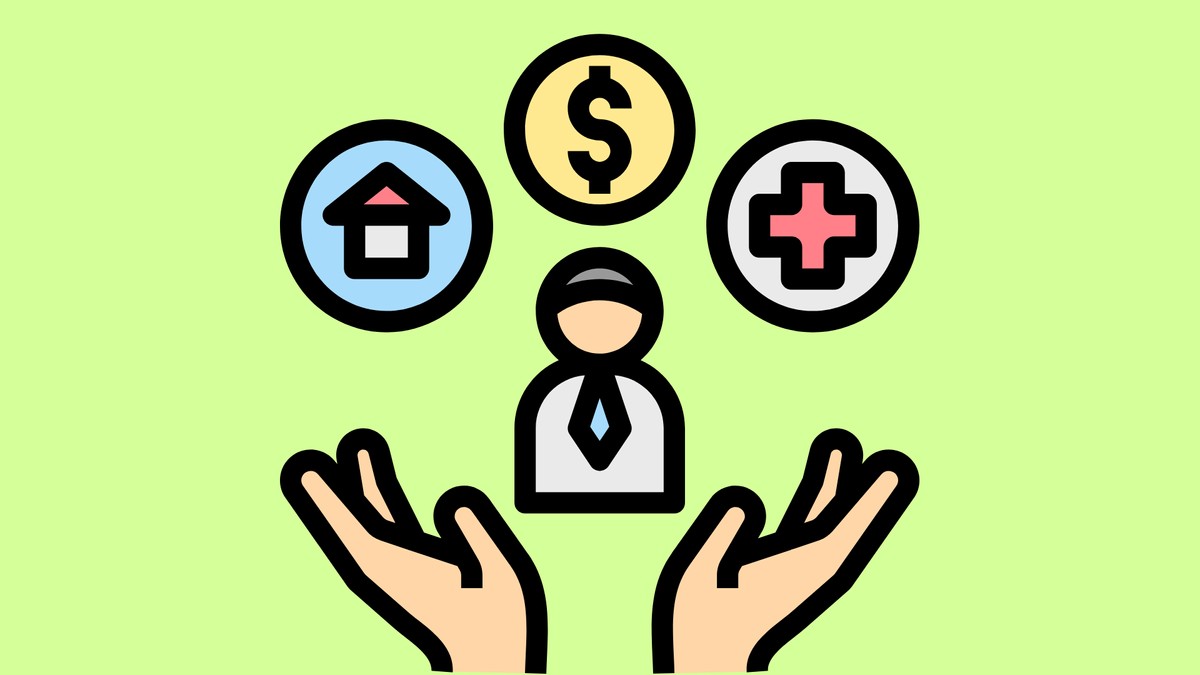
Can Economics Measure Happiness?
Today I'm going to write about another episode of the French podcast about economics, Splash. In the second season of this program, Laureen Melka (journalist and economics professor) joins Etienne to create better content. The main topic this time is how economics is used to measure happiness.
In general, most people use the gross national product (GNP) as the wrong metric to measure happiness in countries. They believe that more income means people are happier. This may be true to some extent, and 2015 Nobel Laureate in Economics Angus Deaton can prove it. He says that happiness can be related to income, but only up to $75,000 per year. After this figure, happiness is independent of money. The reason is that true happiness is related to small pleasures, sharing time with your family and friends. Also, avoiding pain and illness.
Per capita income may increase a nation's level of happiness to some extent, but it doesn’t do with the same rate. In addition, it usually occurs when a sector moves from poverty to a higher social status. (Low-income people who are able to improve their economic situation can have many changes in their lives that can easily raise their quality of life.) But the higher the economic status of people, the slower the increase until it means nothing.
Before continuing, it’s necessary to define what GNP is. GNP is an estimate of the total value of the production and services of countries. However, this method has some defects if we want to measure happiness. They are the following:
- Underestimation: Numerous activities can create happiness but cannot generate money and GNP can only quantify production that generates remuneration.
- Manipulation: Like any figure, it’s easy to manipulate to give a better image or create a false impression of improvement.
- Inequality: GNP quantifies wealth creation, but says nothing about how this wealth creation is distributed among the population of nations.
Economists and statisticians are very interested in this topic. They have realized that instead of measuring happiness with GNP, it’s better to measure well-being with other protocols. This is where Martine Durand, chief statistician at the Organisation for Economic Co-operation and Development (OECD), takes the stage. She tells how this organization developed the criteria to create a good well-being metric beyond GNP. Consequently, the main question they developed at the OECD was: what is important and satisfying for people's lives?
In relation to the above, the OECD uses an objective criterion to determine people's level of satisfaction. In every nation, people have different priorities in terms of well-being, but the main ones are the following: quality of life, education, health, state of the environment, government, security, employment, etc. Besides, within these elements, there is a subjective criterion that is chosen by individuals. They must respond to the objective elements by taking as a reference the satisfaction they have with these factors. Thanks to this, we can observe the real level of well-being of the population of nations.
This method looks for answers and values made by the population, not by a group of specialists who take the general wealth values of the countries (which would generate a false result about the well-being).
To conclude, after reading this brief text we can see that economics cannot measure happiness but wellness. However, living in a country that has a good rating in terms of well-being doesn’t ensure a good life or happiness.
Thank you for reading, and helping me.
Link of the episode: https://open.spotify.com/episode/5Y45BtEtJNIzDEKhIY0Cbs?si=aHdxNHdxRaCEz77ozcWNGw

Hello Luis, that was a very interesting read, thanks! One big issue about the GDP is also that it only accounts for wealth creation, not for wealth destruction. For example, destructing a building creates value because a company has to do the job and it will be billed. However, the house is now gone and with it the place where somebody was living, and is now living (in the worst case) as a homeless person... (the same applies to wars, illnesses...)
Hi Erich, I'm glad you liked it. Also, I hadn't thought about the wealth destruction, you've added an excellent new perspective to this topic.